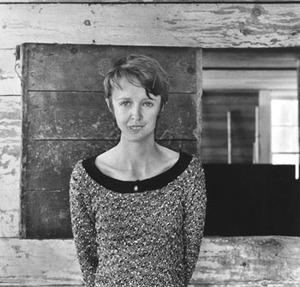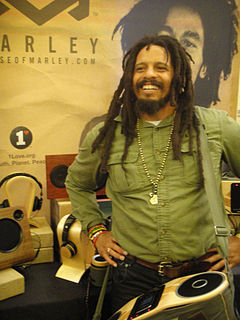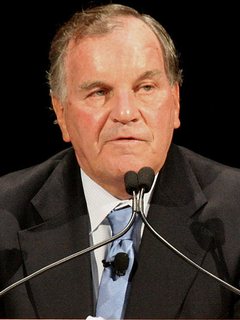A Quote by Chris Hadfield
When I stand on the edge of a cliff or right at the edge of a building or something, it's one of the few things that gives me kind of a deep, overwhelming, irrational fear where it affects my physiology.
Related Quotes
I think that's something a scientist can do because a scientist works at a border, at the edge of science, at the edge of knowledge, and so there's a lot of fun of reaching out and thinking about things that other people didn't think about. And so it has a kind of exploratory notion, kind of adventurous part in it.
There's a kind of edge to what you're doing, the kind of leading edge of what you're doing. Inside that edge [are elements you] are familiar with, and are probably becoming slightly bored with, as well, over a period of time. "I've pulled that one out before. Oh, no, I can't I'm just fed up with that. Let's do something else."And you always think "Oh my God I've never done anything at all like that before." But, of course, in retrospect, and to an outsider, they'll say, "Oh, yeah that's typical Eno.
I don't like standing near the edge of a platform when an express train is passing through. I like to stand right back and if possible get a pillar between me and the train. I don't like to stand by the side of a ship and look down into the water. A second's action would end everything. A few drops of desperation.
In any given moment, a man's growth is optimized if he leans just beyond his edge, his capacity, his fear. He should not be too lazy, happily stagnating in the zone of security and comfort. Nor should he push far beyond his edge, stressing himself unnecessarily, unable to metabolize his experience. He should lean just slightly beyond the edge of fear and discomfort. Constantly. In everything he does.
































